By Amina Ojelabi
Terminal operators under the Kirikiri Lighter Terminal (KLT) Command of the Nigeria Customs Service (NCS) have raised damning allegations against the Service and members of the Association of Nigerian Licensed Customs Agents (ANLCA), accusing them of deliberately sabotaging the growth and operations of the KLT through bureaucratic bottlenecks, abuse of revenue targets, and network failures that frustrate business efficiency.
Speaking exclusively to our correspondent, a terminal operator Mr Francis Chilaka described the situation at KLT as dire, warning that if the issues persist, many bonded terminal owners operating under the command may be forced to shut down or relocate to other Customs commands like Apapa or Tin Can Island.
According to Chilaka, the major challenge lies with Customs’ failure to treat KLT as an autonomous command, despite it having a Controller (CAC) of the same rank and authority as those at Tin Can and Apapa.
“The two major modern commands Apapa and Tin Can treat KLT as if it’s a terminal under them. When you try to move containers from Apapa or Tin Can to KLT, the bottlenecks are so many that what should take five working days can take up to a month,” he lamented.
He explained that officers at Apapa and Tin Can mount unnecessary roadblocks, demanding documentation that ought to be handled solely by KLT, despite the fact that both commands are of equal administrative standing.
“They ask you to bring documents that should be processed at KLT, frustrating the whole movement process. It’s a calculated sabotage,” he said.
The operator alleged that the root of the problem is the fierce competition between Customs commands to meet or exceed revenue targets at the expense of operational efficiency and stakeholder collaboration.
“This is all about revenue. Everyone wants to hit their targets and get credit, so they hold on to boxes.
Yet, they call us stakeholders and partners. But we’re being held by the throat,” he decried. “If KLT is not recognized fully as a command, then shut it down and redeploy the officers. Why are officers earning the same salary as their counterparts in Apapa and Tin Can being rendered ineffective?”
He further indicted Customs and its consultants over the problematic transition to the B’Odogwu platform a replacement for the former NICIS II system. He alleged that bonded terminal owners are being forced to pay exorbitant amounts up to ₦6 million or more to migrate to the platform, even though the same consultants who handled the old system are managing the new one.
“We were told it would be seamless, but that’s far from the truth. Many of us have not keyed into B’Odogwu because they are still demanding huge amounts just to access a supposedly improved system,” he said. Despite attending trainings, he said terminal operators are yet to see the benefits, adding that many Customs commands across the country are still not fully operating the new platform.
A major technological failure highlighted was the recurring issue of poor Customs network connectivity a problem that has plagued the system for years.
“There are days we stay two or three days without network. The cargo owner wants to release his container, but nothing moves. Yet, we keep paying demurrage and rent for delays caused by the system,” he noted.
The operator added that this persistent failure negates the Federal Government’s policy on ease of doing business, saying, “They want Nigeria to be business-friendly, but there are bottlenecks everywhere.”
In a further twist, the operator didn’t spare members of the Association of Nigerian Licensed Customs Agents (ANLCA), accusing them of complicity in the challenges. “The same ANLCA agents who act as consultants for B’ Odogwu are the ones charging bonded terminals heavily for onboarding.
It’s a racket. And the same people who benefitted from the former system are controlling the new one,” he alleged.
Touching on the Nigerian Shippers’ Council’s plan to introduce the International Cargo Tracking Note (ICTN), the operator warned that without resolving foundational issues like Customs’ internal sabotage and network failure, the ICTN may not deliver intended results.
“Shippers’ Council, Customs, NPAeveryone wants to shine. There’s no synergy. We’re going in circles like a circus,” he said.
He advocated for a centralized, non-political ICT infrastructure under the Shippers’ Council but cautioned: “How do you talk about fast tracking when your network doesn’t work?”
The revelations underscore a growing crisis within the port logistics chain where ego, bureaucratic rivalry, and lack of digital efficiency are threatening national trade goals.
Stakeholders are now calling on the Comptroller General of Customs, Bashir Adewale Adeniyi, to urgently assert the autonomy of all Customs commands, especially KLT, and to overhaul the internal systems sabotaging the nation’s port reform agenda.

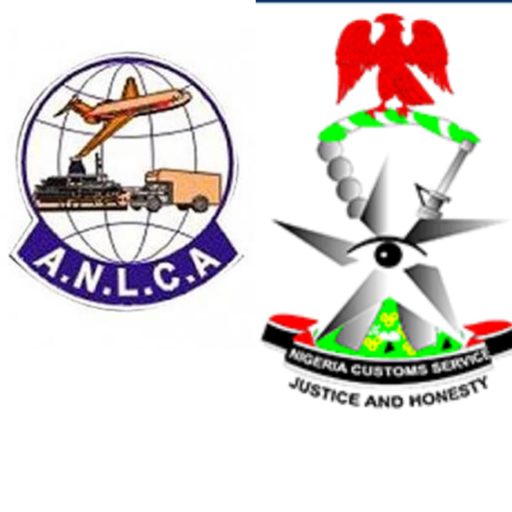
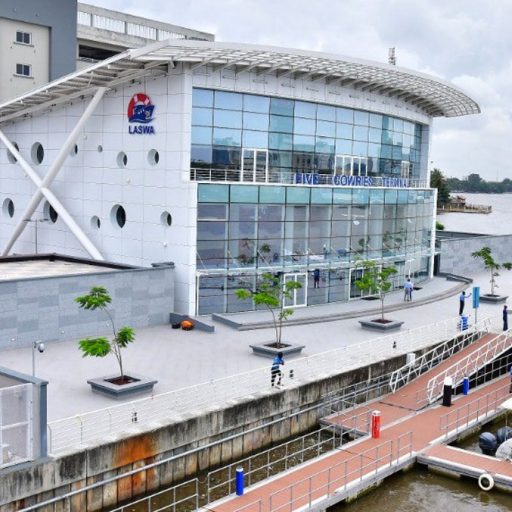

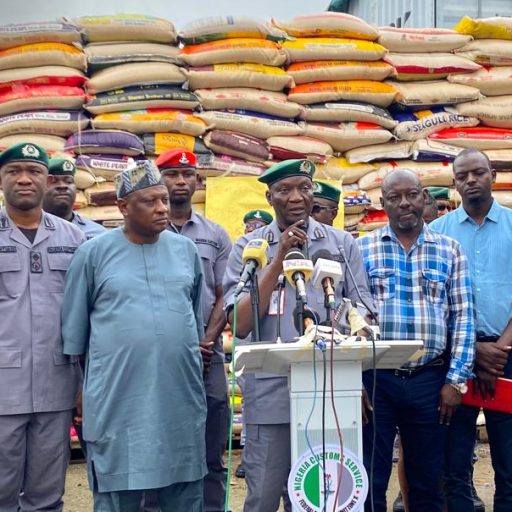

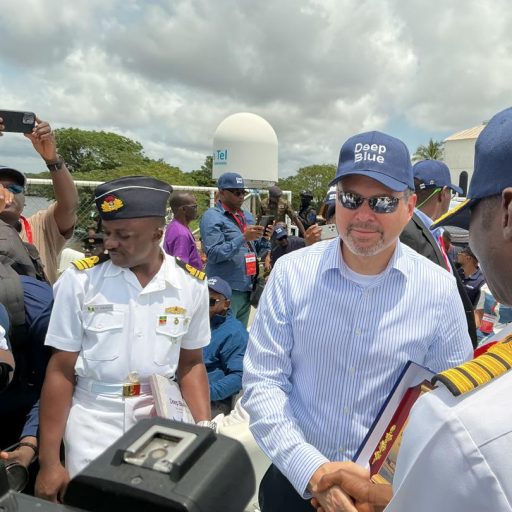
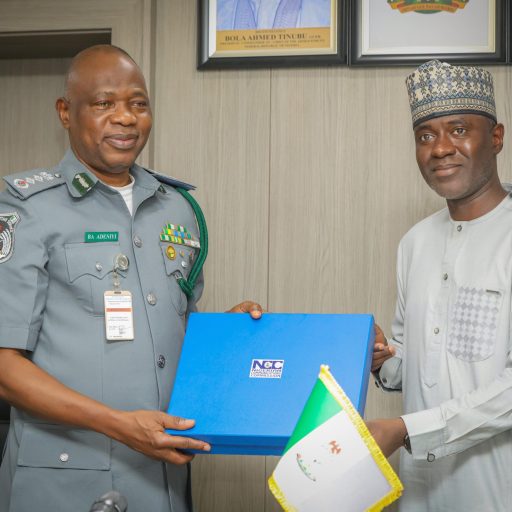
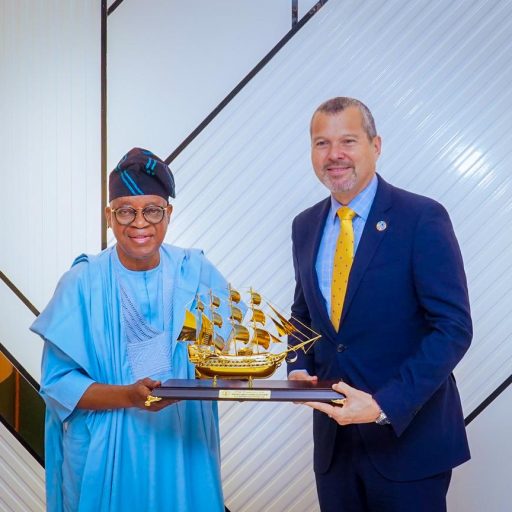



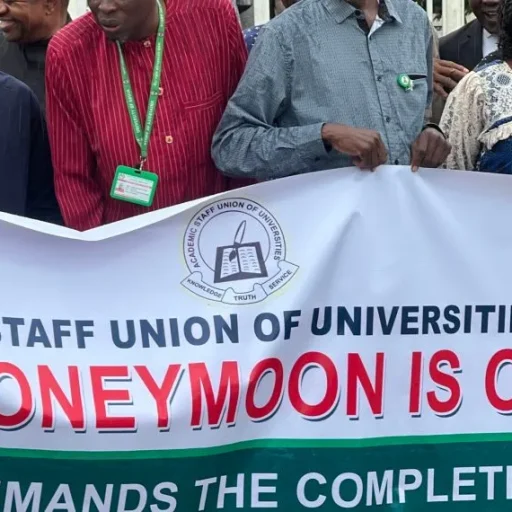



Leave a Reply